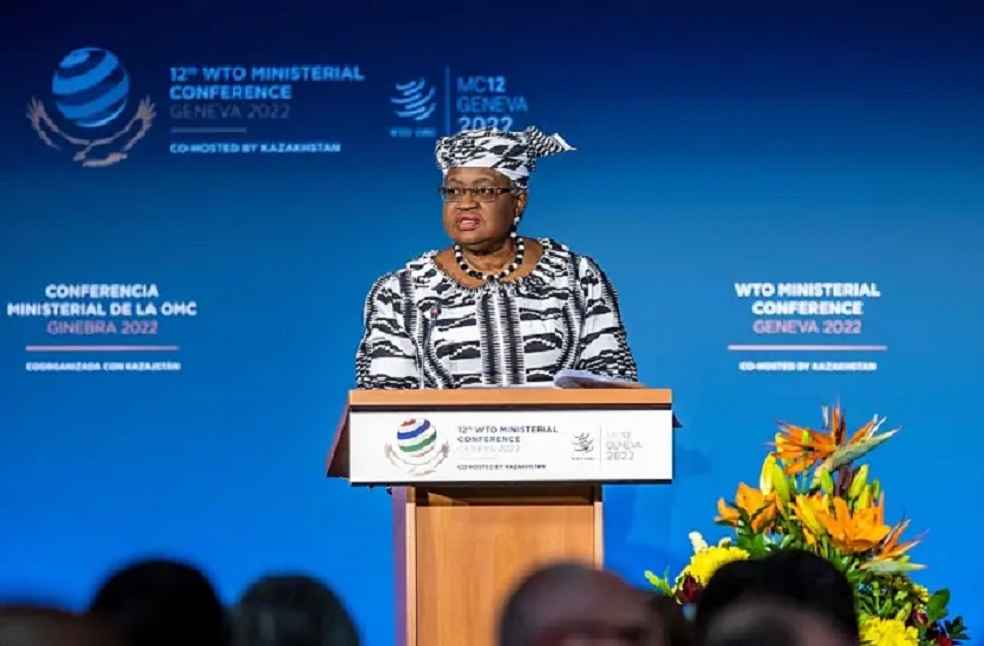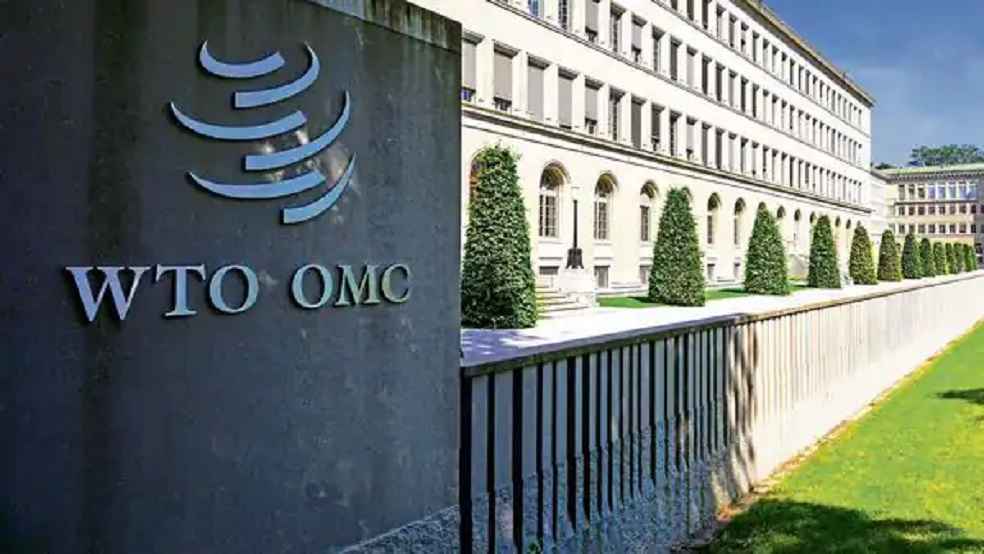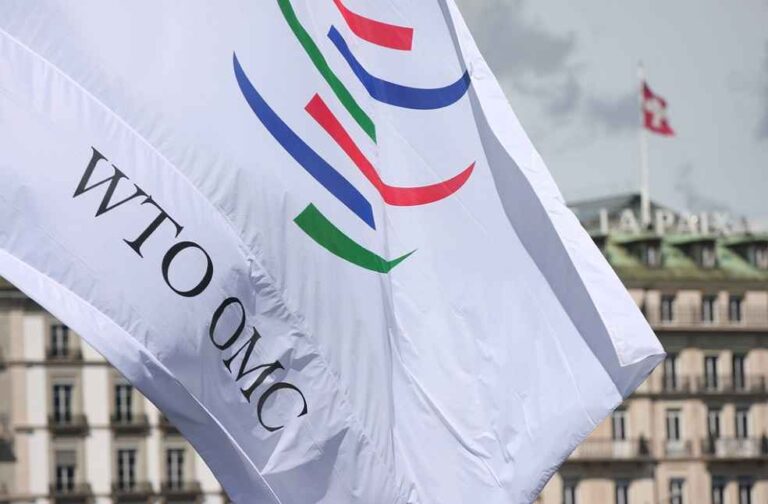The World Trade Organization (WTO) is an international organization established in 1995 to promote and regulate global trade. The WTO’s mission is to facilitate trade between member countries by providing a platform for negotiations, establishing rules for international trade, and resolving disputes between member countries.
The WTO’s origins can be traced back to the General Agreement on Tariffs and Trade (GATT), which was established in 1947. The GATT was designed to promote free trade by reducing tariffs and other barriers to international trade. Over time, the GATT became an important forum for negotiating trade agreements, but it lacked the legal framework and institutional support necessary to fully enforce its rules and resolve disputes.
In the 1980s, efforts began to establish a more comprehensive and effective international trade organization. These efforts culminated in the creation of the WTO in 1995, which replaced the GATT as the primary forum for international trade negotiations and dispute resolution.

The WTO has 164 member countries, which collectively account for more than 97% of global trade. The organization operates on the principle of non-discrimination, which means that member countries must treat each other’s goods and services equally, without favoring domestic producers over foreign competitors.
The WTO’s main functions include negotiating new trade agreements, enforcing existing agreements, and resolving disputes between member countries. The WTO’s negotiating function is based on the principle of consensus, which means that all member countries must agree on the terms of any new trade agreement. The WTO has been responsible for several major trade agreements, including the Agreement on Agriculture and the Information Technology Agreement.
The WTO’s enforcement function is supported by a system of dispute resolution, which allows member countries to bring complaints against each other for alleged violations of WTO rules. Dispute resolution is based on a set of established procedures and timelines, and the decisions of the dispute settlement body are binding on member countries.

In recent years, the WTO has faced several challenges and criticisms. One of the main criticisms is that the organization has been slow to adapt to changing global economic realities, such as the rise of digital trade and the increasing importance of services in the global economy. Some critics have also argued that the WTO’s rules favor developed countries over developing countries, and that the organization’s enforcement mechanisms are ineffective.
Despite these challenges, the WTO remains an important forum for global trade negotiations and dispute resolution. The organization has continued to work on new trade agreements, such as the Trade Facilitation Agreement, which aims to simplify and standardize customs procedures and reduce trade barriers. The WTO has also been working to address some of the criticisms leveled against it, by engaging in a process of internal reform and seeking to broaden its membership to include more developing countries.
Overall, the WTO plays a crucial role in promoting and regulating global trade, and its continued success will be important for ensuring a more open, transparent, and prosperous global economy.
Counter Note: WTO stands for World Trade Organization, while OMC stands for its French name “Organisation Mondiale du Commerce,” which translates to World Trade Organization in English. Both terms refer to the same organization.
DON’T MISS IT: SHARE TRADING; A JOURNEY THROUGH HISTORY



